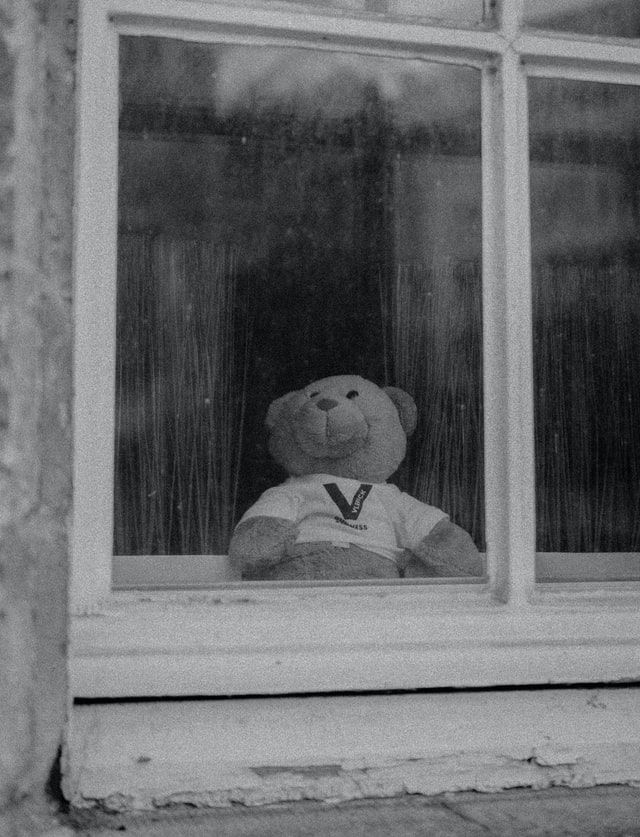
Importance of Mental Health During Child Abuse Prevention Month
A safe family environment promotes physical well-being and enhances positive mental health. However, childhood abuse at any developmental stage can have long-lasting effects on a child’s behavioral and psychological health, especially as they grow up. Child abuse increases a person’s risk for psychiatric conditions like depression and anxiety.
National Child Abuse Prevention Month provides an excellent opportunity to highlight the importance of children’s mental health. Researchers estimate that one out of four children will go through abuse or neglect at some point. Parents, public health experts, educators, and community members can also understand the impact of child abuse on mental health, so they can learn to identify the signs of abuse.
The Link Between Child Abuse and Poor Mental Health
Almost 700,000 children in the United States suffer abuse each year, and about 90 percent know their abuser. Child abuse can have adverse and irreversible effects on a growing brain, which undergoes periods of rapid development. Aversive childhood experiences like abuse can cause mental health issues in a child and increase the likelihood of behavioral problems in adulthood.
Abused children can experience immediate mental health effects like fear, trust issues, and feelings of isolation. With prolonged mistreatment, these children have increased risks for substance abuse and poor mental health as they age. Researchers estimate that about half of the adults with depression report some childhood abuse. More than half of people with bipolar disorder have suffered high levels of mistreatment as children. When abused as children, some adults receiving mental health care do not respond well to psychotherapy or pharmacological treatment.
The duration and timing of abuse during childhood can affect how mental health problems develop in later life. Abuse throughout a child’s developmental years can contribute to more severe psychological problems later in life, depending on how early that abuse started and how long it lasted.
Researchers have found that abuse among children aged five and older can result in the most harmful effects on psychological health. Children aged 6-12 suffering physical or sexual abuse are more likely to develop post-traumatic stress disorder (PTSD), anxiety, and depression. Sexual abuse among children 13 and older also leads to heightened PTSD symptoms. Women who suffered sexual abuse are more likely than their male counterparts to experience negative effects as adults.
Recognizing and Responding to Signs of Child Abuse
Child abuse prevention is everyone’s responsibility, especially since only 38% of children disclose their abuse. If you see possible signs of mistreatment, you can act as an advocate for a child who cannot speak for themselves. Preventing abuse or stopping it when it occurs can help parents and mental health providers address its impacts and help deal with psychological problems as the child gets older.
Spotting the signs of child abuse can be easier to detect if you know what they are:
- Increased anger, hostility, rebelliousness, and other behavioral changes
- Depression, anxiety, or mood swings
- Diminished academic performance or frequent absences from school
- Dressing inappropriately for the weather or season
- Eating disorders
- Not wanting to leave school to go home
- Poor hygiene
- Self-harm or suicidal ideations
- Acting out sexually in inappropriate ways
- Trying to run away
- Unexplained bruises, abdominal pain, or other physical injuries
- Weight fluctuations
- Withdrawal from activities, friends, and social situations
Sometimes, behavioral cues and conduct of abusive parents can signal mistreatment of children. Parents can exhibit one or more warning signs:
- Being jealous of others getting the child’s attention
- Blaming children for problems
- Expecting inappropriate levels of academic or athletic performance
- Describing a child as “evil” or “worthless” and consistently berating them
- Limiting the child’s contact with others
- Offering limited or unconvincing reasons for a child’s injuries
- Unable to identify their child’s emotional or physical suffering
- Using severe physical discipline
Although child abuse occurs within all economic, cultural, and ethnic groups, children’s risk for abuse increases under certain circumstances, like living in poverty. Child abuse rates tend to increase fivefold in families with low socioeconomic status. Children under age four and those living with special needs are also more likely to suffer abuse or neglect.
The thought of reporting potential child abuse can seem scary. However, any discomfort you might feel shouldn’t prevent you from seeking professional help if you suspect a child is in crisis. You can contact the Childhelp National Child Abuse Hotline for helpful resources on seeking help and keeping children safe. You can also call 1-800-422-4453 to speak with a crisis counselor.
Research and materials for this article were compiled, written, and distributed on behalf of the National Public Health Information Coalition. The views and opinions expressed in this blog are those of the various authors and do not necessarily reflect the official policy or position of the National Public Health Information Coalition or its members.
References
https://ajp.psychiatryonline.org/doi/10.1176/appi.ajp.2019.19010020
http://www.cactn.org/child-abuse-information/statistics
https://www.verywellmind.com/childhood-abuse-changes-the-brain-2330401
https://www.childwelfare.gov/topics/can/impact/consequences-can/health/
https://ajp.psychiatryonline.org/doi/10.1176/appi.ajp.2019.19010020#B12
https://ajp.psychiatryonline.org/doi/10.1176/appi.ajp.2019.19010020#B12
https://www.mayoclinic.org/diseases-conditions/child-abuse/symptoms-causes/syc-20370864
https://my.clevelandclinic.org/health/articles/4018-child-abuse

